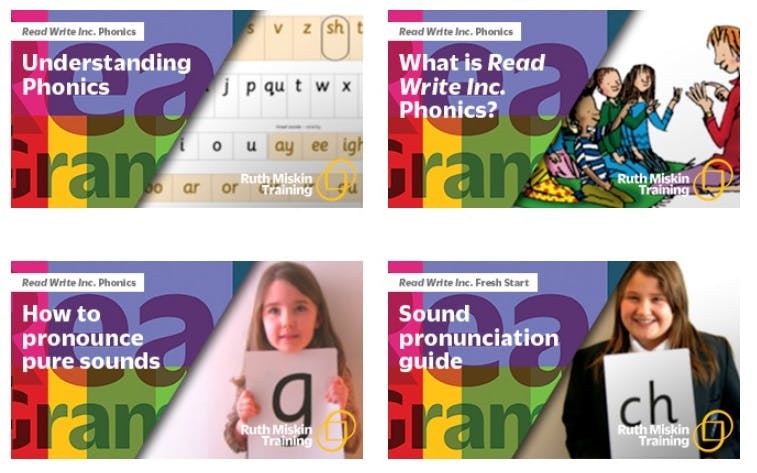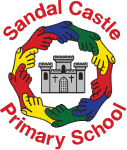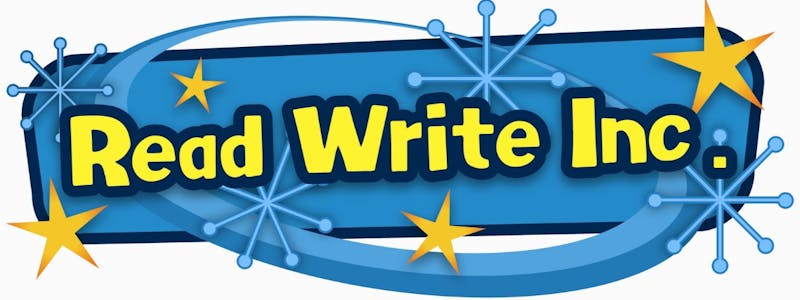Read Write Inc.
Reading for Success.
First , Foremost and Central
Learning to read so we can read to learn and gain pleasure is at the heart of all areas of the curriculum. Early reading is therefore our first, foremost and central priority in school so all children are readers. Books are enjoyed and used across all curriculum areas as highly valued hooks, tools and a way of escaping in to other worlds, times, places and situations.
We are determined that all children will learn to read, regardless of any barriers to and levels of learning. We place a strong focus on reading and believe that all children need to learn how to read by the end of KS1- marrying both strong phonic knowledge and fluency for comprehension. Our teaching of phonics across school is fundamental to the progress of all children, regardless of their starting points. We believe that it is important that all children become fluent readers and as a result, reading is always our first, foremost and central ongoing priority. Because of this, children will have the skills and knowledge to access the wider curriculum. A crucial part of this is to inspire a love of reading. A range of texts and genres are shared and used daily as part of functional reading lessons but also as part of timetabled ‘story time’ across school- this is integral to our approach to whole school reading. We foster a love of reading across the curriculum as it is our upmost priority. Our teachers read to children every day, sometimes to challenge and often purely for pleasure. Reading aloud and storytelling are skills we develop and value highly amongst our body of staff.
APPROACHES TO READING
At Sandal Castle, we are committed to developing independent and confident readers through a comprehensive reading curriculum. We recognise the importance and difference between learning to read and reading to learn and how this leads to reading for pleasure and we have a good understanding of how language is an important tool for our children to be equipped with- we continue to aim to equip children with the skills to devour books with enthusiasm. Reading opportunities are initiated and provided across the curriculum as well as in bespoke reading lessons so that children can decode, retrieve information, make inferences, summarise information, analyse language choices, evaluate characters’ motivations and explore texts in depth and detail. Using the Reading Gems, teachers provide opportunities to explore texts and provoke discussions about issues and ideas raised in the texts.
In addition to this and in keeping with National directives, teachers continue to promote and encourage oral retelling and performance of key stories, poems and rhymes- using a variety of resources to do so including our extensive Cross Curricular Library and the Rising Stars Poetry by Heart resource set. Story time is an integral part of our school day and is timetabled as such.
Our main scheme of reading books taken home by children is RWI- children take home books which match the sounds they can sound-blend and that have few exception words, re reading books to build up fluency. A child must have read their book three times before it goes home and then this is a book which is celebrated then with parents- this is a book to show off what they can do.
The Red Ditty Books offer children practice in reading short decodable passages that form an important bridge between reading single words and whole sentences. They reinforce the Read Write Inc. Phonics Set 1 sounds.
Each book contains three fun and humorous passages with linked reading activities. They also prepare children for reading the Storybooks.
The Storybooks (Green to Grey Levels) are carefully matched to children's growing phonic knowledge so children can read them with accuracy, fluency and comprehension.
The Storybooks include a range of engaging stories such as fairy tales, myths and legends, rhyming stories and familiar settings. Activities at the start help children to practise the sounds and words they will encounter in the story.
Questions to talk about at the end of the story provide an extra opportunity for developing children's comprehension.
In addition to this, The Oxford Reading Tree and Oxford Reading Tree Project X scheme are then taken home as books parents can read to their children.
To ensure that we provide a curriculum which supports children in learning to read and reading to learn, our reading curriculum triangulates a variety of strategies to ensure that all areas of reading are covered effectively. First and foremost, our approach to reading ensures a phonic programme which is ambitious in expectations of the sounds, words and texts that children should be able to read by the end of each term-we have a ‘phonics from the start’ approach but it also prioritises a love of reading through book talk. Here are the ways in which we prioritise the teaching of reading across school:
- RWI Phonics/Spelling
- Read and Respond.
- Cracking Comprehension.
- Story Time
- Home Reading.
Reading in EYFS
Literacy development involves encouraging children to link sounds and letters and to begin to read and write. Children must be given access to a wide range of reading materials (books, poems, and other written materials) to ignite their interest. Communication and language development involves giving children opportunities to experience a rich language environment; to develop their confidence and skills in expressing themselves; and to speak and listen in a range of situations. Pupils are at the very early stages of reading development and they need to hear nursery rhymes and stories read to them regularly and will be immersed in lots of modelled reading behaviour by the Early Years Practitioners.
Since implementing the Read Write Inc. Programme in 2015, we have seen a significant increase in the percentage of children meeting the national standard in the Year 1 Phonics Screening Test. We currently exceed the national standard, however we aim to have a 95% success rate recognising that Phonics leads to fluency.
READING LETTER TO PARENT/CARERS
Here is an overview of the Read Write Inc. Programme
Information for parents - What is Read Write Inc. Phonics?
How to say the sounds!
Information for parents - The Phonics Screening Check
Follow this link to the Read Write Inc. Parents' Support Page



